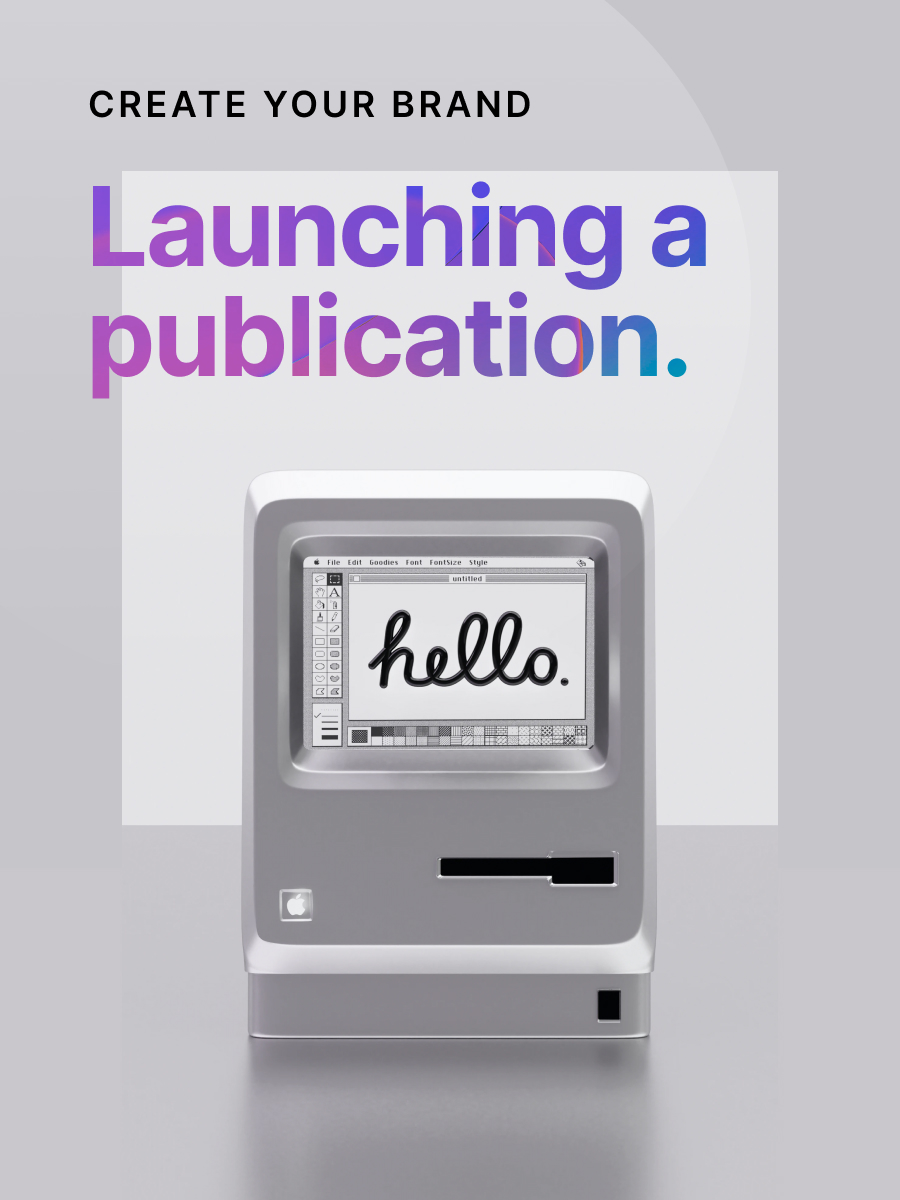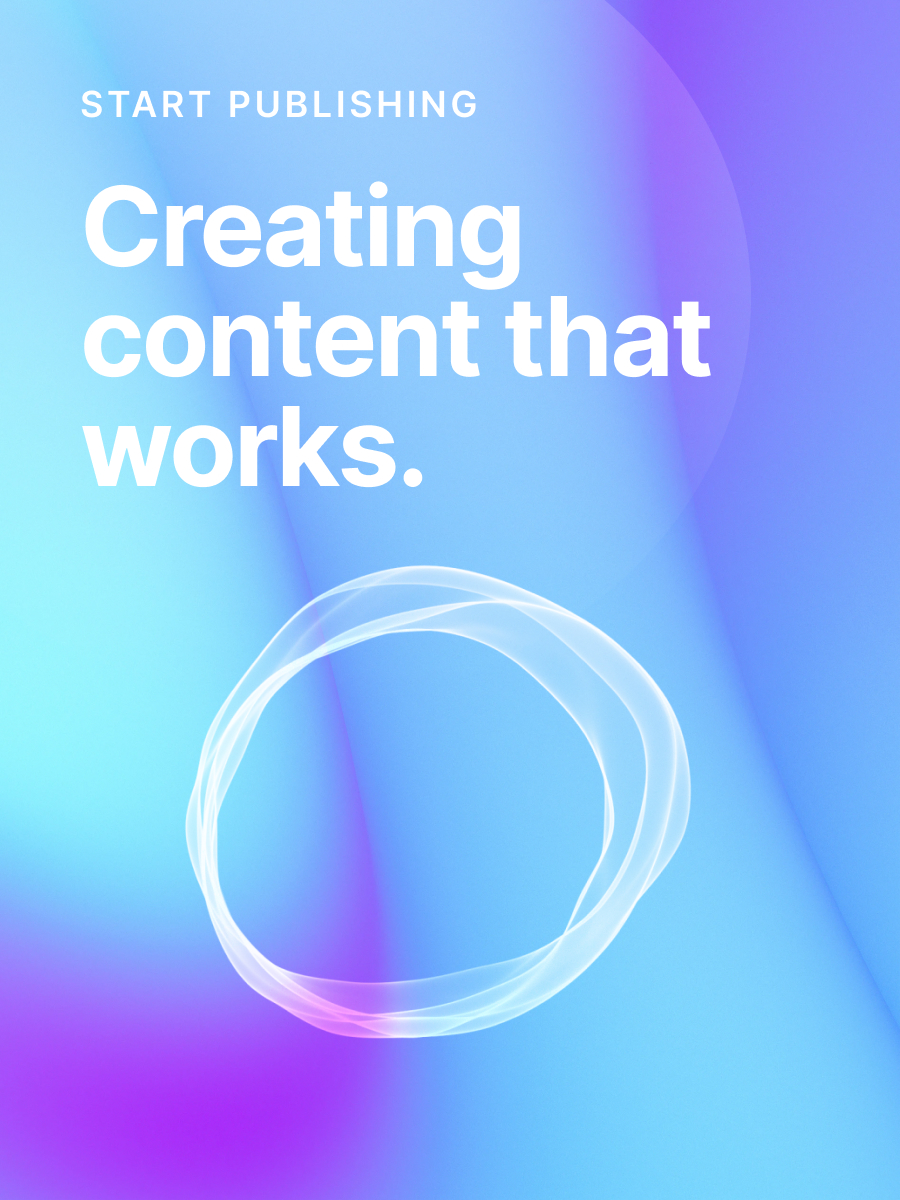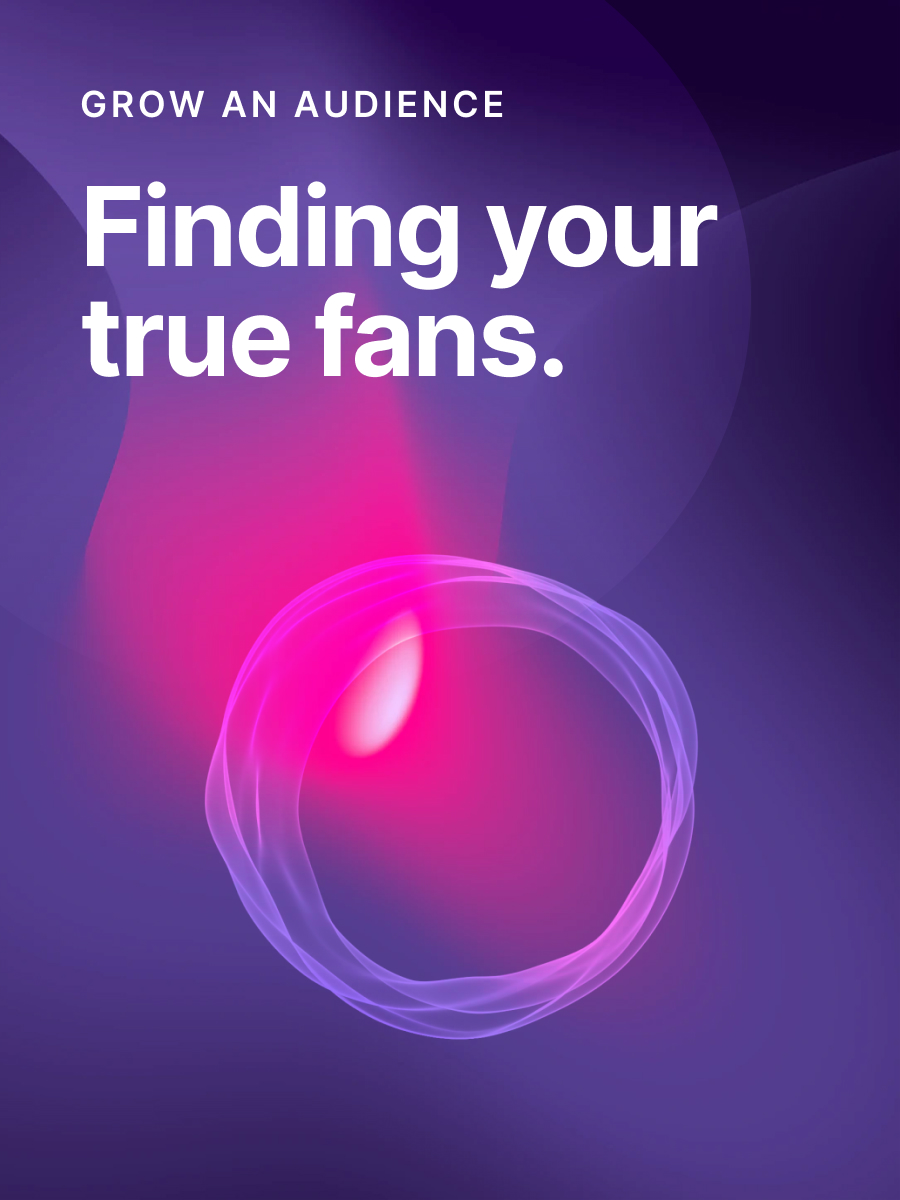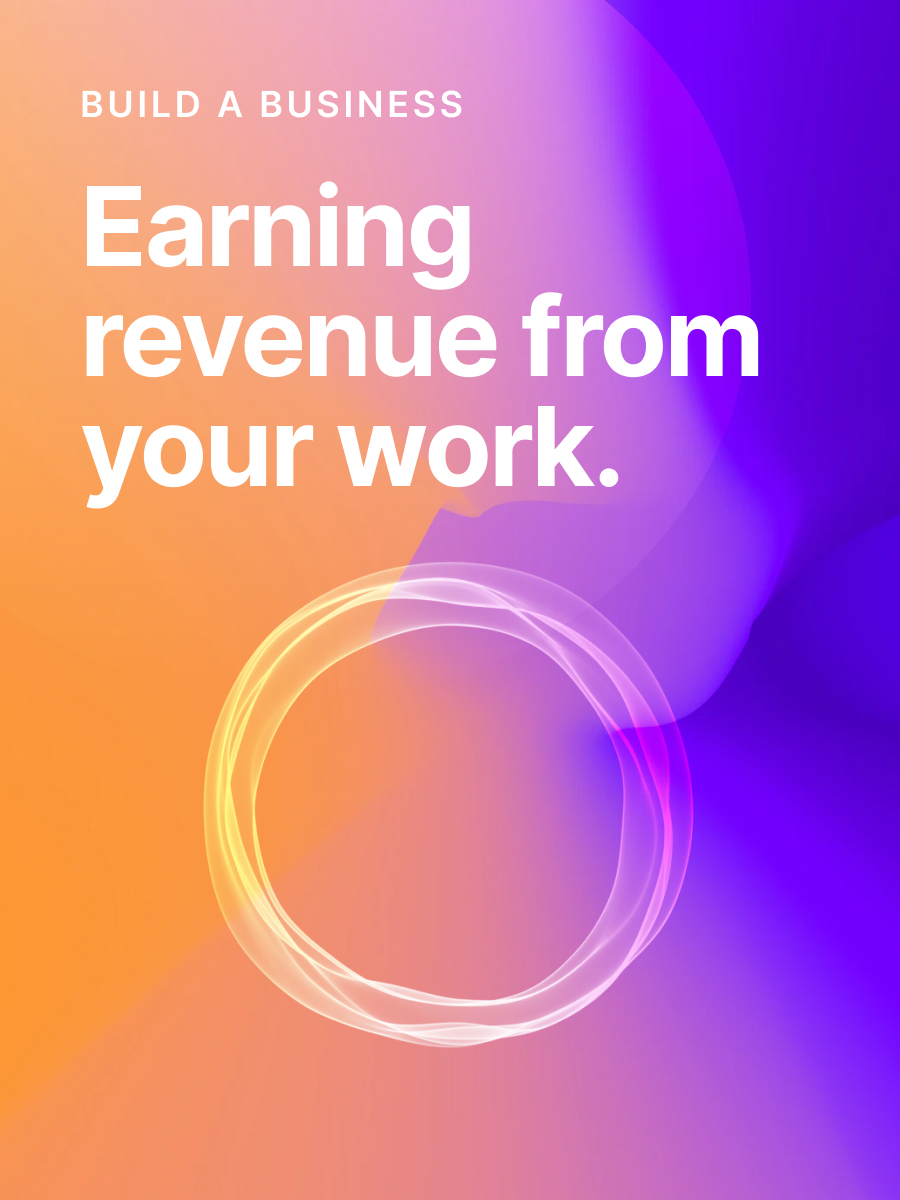#109 — The new growth channel: Newsletter referral programs
Happy Sunday! This week's issue includes insights into the latest strategies for paid newsletters and subscription publications, how quitting Facebook ads can actually be a good thing, how to understand your readers in a privacy driven world and much more. Enjoy your reading 😊
💯 Top picks
7 ways COVID has impacted subscription strategies
Seven trends and strategic considerations for subscriptions in the COVID era.
💸 Business models
‘It’s an undervalued growth channel’: Publishers increasingly see high value in newsletter referral programs
Newsletter referral programs have become a popular way for publishers to acquire new subscribers, by offering tangible incentives to readers to recommend a newsletter, such as branded t-shirts, access to a private community or even in some cases by offering revenue share for converted referrals.
We recently launched an integration for Ghost Members with FirstPromoter so that you can launch a paid newsletter, and add a referral program!
For publishers, what’s driving the highest quality users?
"At this point, it’s common knowledge that The Great Upheaval in March caused a huge spike in traffic across the board for publishers. Whether that spike was going to result in long-term growth has been the subject of some debate."
Danish publisher Zetland is driving more new members since quitting Facebook
"Most publishers aren’t bold enough to turn off the taps on their Facebook ad spending. Danish publisher Zetland is one of the few lone actors to do so — and, so far, isn’t suffering for it."
Can publishers stop their journalists from launching email newsletters?
According to reports, many salaried reporters are starting their own newsletters on the side. Simon Owens discusses this "professional grey area" and whether publishers have any real standing to block their reporters from creating their own work.
✍️ Modern journalism
Opinion, news or editorial? Readers often can’t tell the difference
"Confusion about labeling and design fuel reader complaints that opinions, political agendas and bias are creeping into reporters’ work."
Knowing your readers in a privacy-driven world
"Today publishers are faced with two conflicting tasks: on one hand, they need to know their readers in order to build strong relationships while on the other hand publishers need to comply with increasing privacy regulations."
[Thread] Journalists share their best reporting advice
Jeff Maysh: The "Says Who?" read. Re-read your story and after every line, ask: “Says Who?”
Kelly Kennedy: If you think you’re a great writer, you’re wrong. There’s always more. Always.
💻 Technology
Google adds meta descriptions to image search results
In a new feature that's starting this month, you'll be able to tap on image search results on mobile devices to see more information related to the image, as well as featured links. While Google wants to enrich image search results to give people the tools they need to determine if the results are relevant to their search, publishers may be able to tap into a new stream of organic traffic.
How Instagram helps The Economist to reach a new generation
"Instagram has become a key platform for The Economist’s digital growth. As our community passes the 5m mark, it is worth examining how the app — which is opened by our followers a staggering 35 times per day, on average — is enabling us to reach and retain new audiences and develop a different and distinctive storytelling style."
🤷 WTF?
TikTok has a misinformation problem—and is turning to popular creators for help
"The company has unveiled a new video series from top creators, designed to help users sniff out misleading videos—and there’s plenty to choose from."






